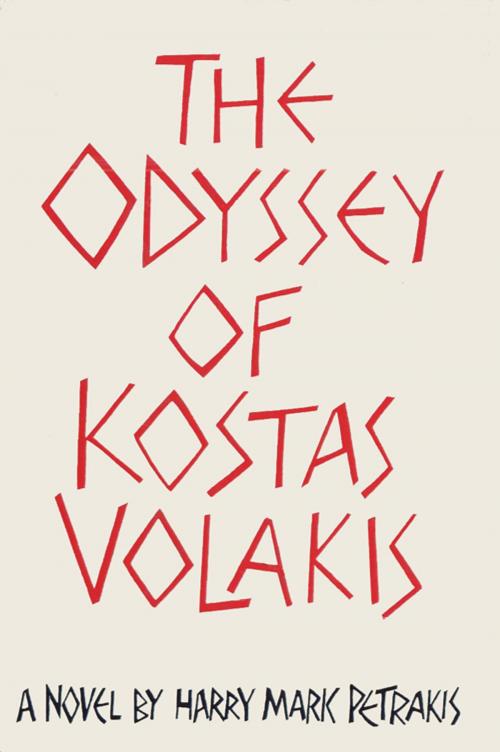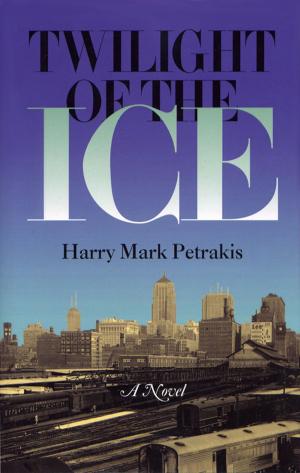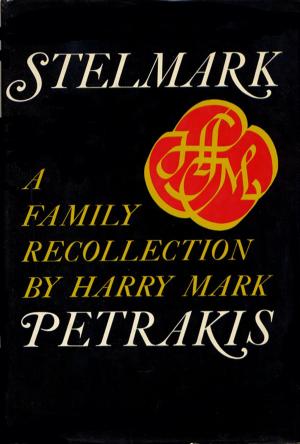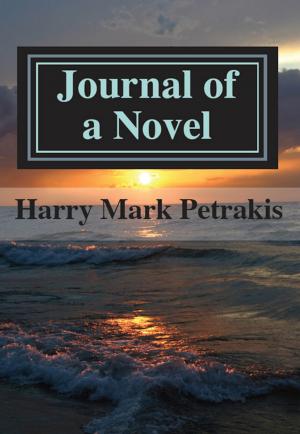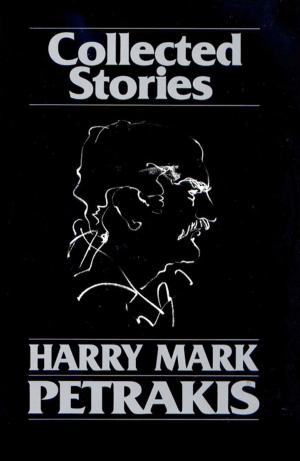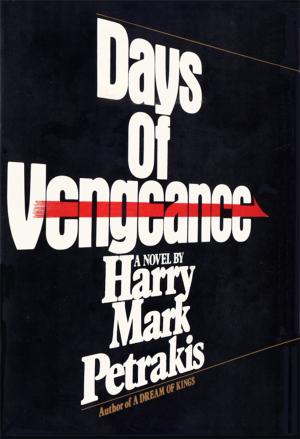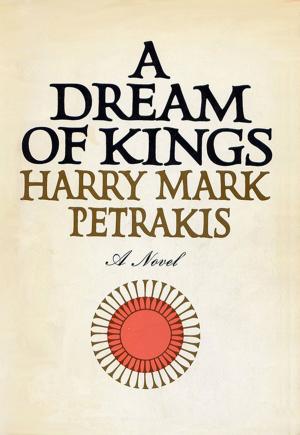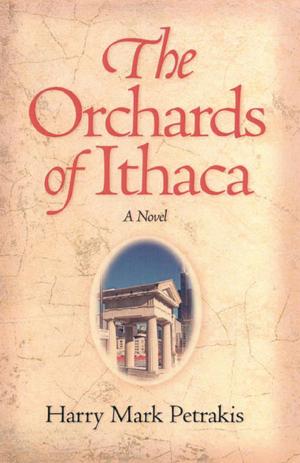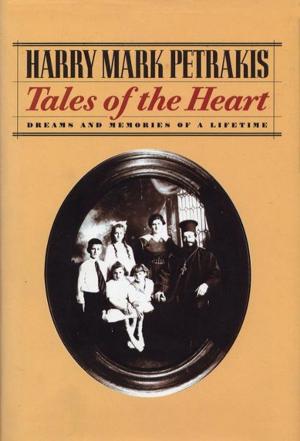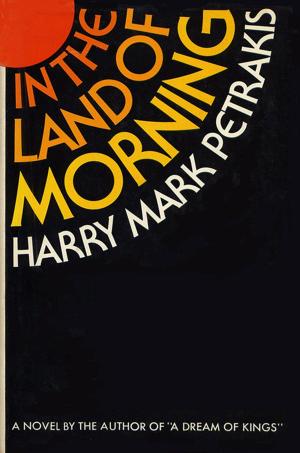| Author: | Harry Mark Petrakis | ISBN: | 9781465838681 |
| Publisher: | Harry Mark Petrakis | Publication: | November 10, 2011 |
| Imprint: | Smashwords Edition | Language: | English |
| Author: | Harry Mark Petrakis |
| ISBN: | 9781465838681 |
| Publisher: | Harry Mark Petrakis |
| Publication: | November 10, 2011 |
| Imprint: | Smashwords Edition |
| Language: | English |
"Every man's life is an Odyssey; it does not matter if the body remains rooted in one place, for it is the heart and the spirit that journey to Ithaca."
So speaks Father Marias, the close friend and the wise spiritual adviser to Kostas Volakis - the hero whose own Odyssey gives sweep, power, and vision to this novel of Greek-Americans in the first part of the 20th century.
The action of the story spans four generations in the family Volakis” from the harsh island life on Crete, through the emigration of Kostas and his bride, Katerina, to the United States, and their joys and sorrows with children and grandchildren. Some battles are won. Many are lost. And the years march forward from 1919 to 1954 as the reader shares with Kostas Volakis his search for the verities of life, his ever-growing perception of himself and his family.
With brilliant talent the author evokes the harmony and dissonance of Hfe in the Greek community in Chicago, where Katerina and Kostas first feel the impact of their new world.
Kostas: "I have come from the place of my despair to the place of my destiny."
Katerina: "There are so many automobiles. They seem to rush right at us. God must be angry at men who create monsters such as this."
But as the years pass by, the lives of Kostas and Katerina expand to include:
Cousin Glavas, the restaurant owner: "A restaurant is like a zoo. The animals grunt and tear and rend their food. Don't get too close or you may lose a finger."
Aeneas, the first-born: He was a tiny immortal, a creature not of the earth, with an incredibly beautiful head and a crown of dark, fine silken hair.
Doctor Barbaris: "This 1920 is a mighty year. Big Jim Colosimo is shot and Wabash Avenue is draped in black . . . Prohibition arrives driving a hearse. In addition this crazy Cretan has had a son."
Daughter Rhodanthe: "I want to love him so much that he will have to come back to me. You both.think I am too young. Today the young must grow up quickly."
Alex, the second son: "Even before I was born I could feel your hate in my blood! You put me on a dead boy's eyes! You made room for me in his coffin!"
Manuel, the third son: "Don't take it so hard. Papa. As long as there are girls in the world there will be boys after them."
Angela, the daughter of middle-age: She grew fat and rosy-cheeked and bloomed like a flower.
And among them all there is love. "I cannot measure out my love as others measure ingredients for a cake. I love with all the love I have," says Kostas. But for one he holds no love but only hatred. And that hatred leads inexorably along the path to a dramatic and violent climax.
"Every man's life is an Odyssey; it does not matter if the body remains rooted in one place, for it is the heart and the spirit that journey to Ithaca."
So speaks Father Marias, the close friend and the wise spiritual adviser to Kostas Volakis - the hero whose own Odyssey gives sweep, power, and vision to this novel of Greek-Americans in the first part of the 20th century.
The action of the story spans four generations in the family Volakis” from the harsh island life on Crete, through the emigration of Kostas and his bride, Katerina, to the United States, and their joys and sorrows with children and grandchildren. Some battles are won. Many are lost. And the years march forward from 1919 to 1954 as the reader shares with Kostas Volakis his search for the verities of life, his ever-growing perception of himself and his family.
With brilliant talent the author evokes the harmony and dissonance of Hfe in the Greek community in Chicago, where Katerina and Kostas first feel the impact of their new world.
Kostas: "I have come from the place of my despair to the place of my destiny."
Katerina: "There are so many automobiles. They seem to rush right at us. God must be angry at men who create monsters such as this."
But as the years pass by, the lives of Kostas and Katerina expand to include:
Cousin Glavas, the restaurant owner: "A restaurant is like a zoo. The animals grunt and tear and rend their food. Don't get too close or you may lose a finger."
Aeneas, the first-born: He was a tiny immortal, a creature not of the earth, with an incredibly beautiful head and a crown of dark, fine silken hair.
Doctor Barbaris: "This 1920 is a mighty year. Big Jim Colosimo is shot and Wabash Avenue is draped in black . . . Prohibition arrives driving a hearse. In addition this crazy Cretan has had a son."
Daughter Rhodanthe: "I want to love him so much that he will have to come back to me. You both.think I am too young. Today the young must grow up quickly."
Alex, the second son: "Even before I was born I could feel your hate in my blood! You put me on a dead boy's eyes! You made room for me in his coffin!"
Manuel, the third son: "Don't take it so hard. Papa. As long as there are girls in the world there will be boys after them."
Angela, the daughter of middle-age: She grew fat and rosy-cheeked and bloomed like a flower.
And among them all there is love. "I cannot measure out my love as others measure ingredients for a cake. I love with all the love I have," says Kostas. But for one he holds no love but only hatred. And that hatred leads inexorably along the path to a dramatic and violent climax.
